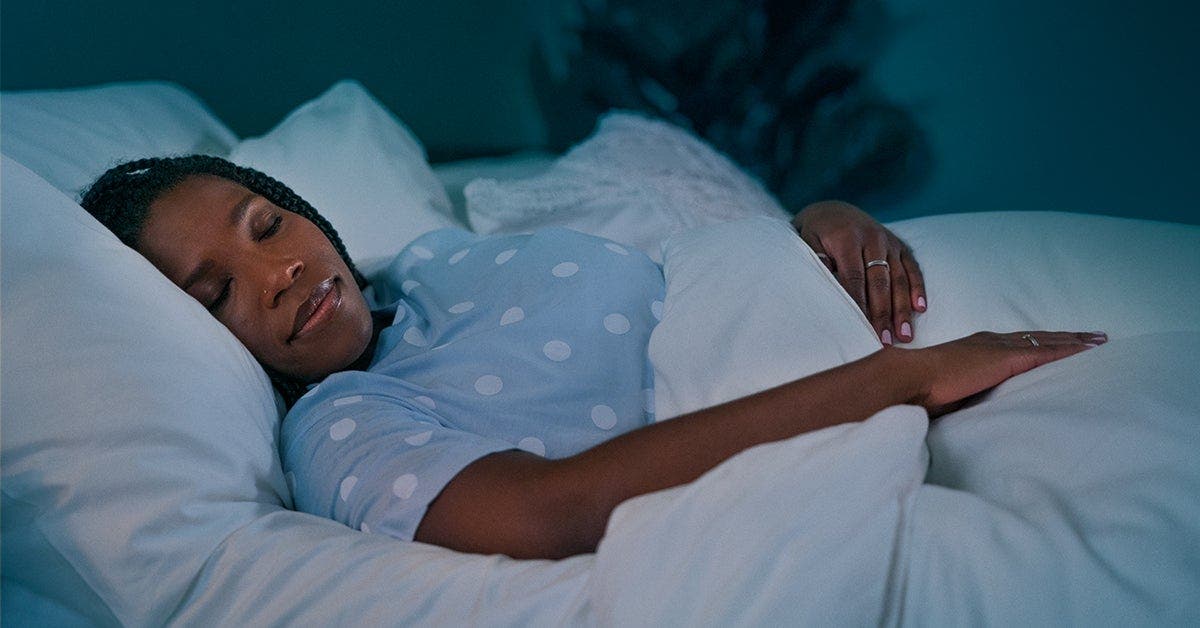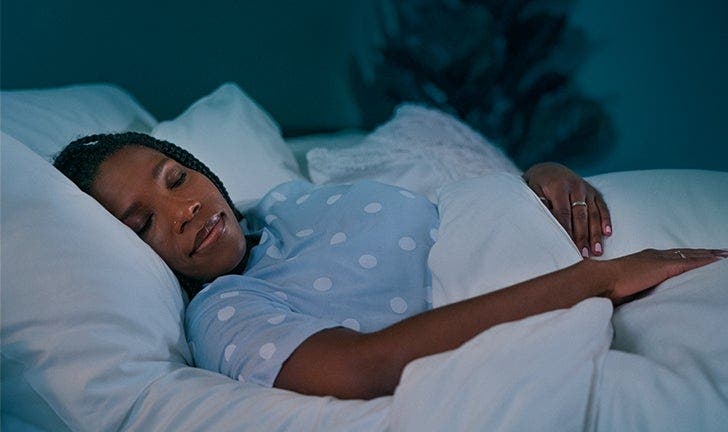Six Sleep myths you should stop believing


Sleep is a fascinating and frankly a confusing subject that scientists continue to learn more about each year. Despite robust scientific insight, there are many misconceptions about sleep in circulation today. Here we bust some common sleep myths to help you stay informed.
1. If you remember your dreams it means you slept well
We all know the feeling, you’ve just woken up from a dream but you are struggling to recall exactly what happened. However, sometimes you actually are able to remember your dream, perhaps with great clarity.
Unfortunately, remembering your dreams doesn’t necessarily have much to do with the quality of your sleep. Most dreaming occurs in REM sleep, which is where we experience deep, restorative sleep. However, just because you remember the dreams you had in REM sleep doesn’t mean you spent more or less time in that stage than when you cannot remember.
In reality, we often remember dreams when we wake up during or right after them. Research also shows that certain people may be able to recall dreams better than others. Specifically, people who are more creative, enjoy daydreaming and introspection tend to remember their dreams better. So while it might be frustrating to forget your dreams, it doesn’t mean you haven’t had a good sleep.
2. Your body can get used to sleeping less
Prolonged sleep deprivation can have significant negative effects on a person’s physical and mental health. Even if it begins to feel like your body is getting accustomed to less sleep, the damage might still be occurring.
Research has also shown that people may not feel tired even though their body is significantly declining in both its mental and physical performance. The only time you might want to get used to sleeping less is if you are consistently sleeping far too long.
3. Alcoholic drinks before bed can help you sleep
It’s true that an alcoholic beverage or two can make you feel more relaxed and help you fall asleep quicker. However, the overall quality of your sleep will be negatively impacted by the alcohol. Alcohol disrupts our sleep cycle and can prevent us from reaching restorative REM sleep.
In fact, avoiding alcohol consumption before bed is generally considered a component of good sleep hygiene.
4. Our brains shut off at night
Despite how it might feel sometimes, our brains do not “ shut down” at night. One reason our brains stay active is to support essential functions such as breathing. Additionally, during REM sleep our brains actually show activity similar to when we are awake. During other stages of sleep, certain areas of our brain show more activity while others calm.
5. Napping makes up for a lack of sleep at night
There’s no doubt that a quick afternoon nap can help you get past that mid-day hump, but naps unfortunately don’t replace a good night’s sleep. Naps are best when they are 30 minutes or less and are taken early in the afternoon. Long naps can have a negative effect on your ability to fall asleep later in the day and can make you feel more tired. Additionally, we don’t tend to cycle through the sleep stages when we nap. So while refreshing, naps don’t replace the deep restorative sleep we achieve at night.
6. You can’t get too much sleep
While many people are probably wondering how this is even possible, it is not generally a good thing to regularly sleep longer than recommended. Most experts agree, sleeping over nine hours is considered an excessive amount of sleep for adults.
Obviously, there are times in our lives, such as when we are recovering from an illness where we need to sleep more. However, regularly oversleeping can actually have the same negative effects as sleep deprivation. This includes increasing the risk of diabetes, heart disease, stroke, and even death. Excessive sleeping can also be linked to underlying health conditions and should be something discussed with a doctor.
